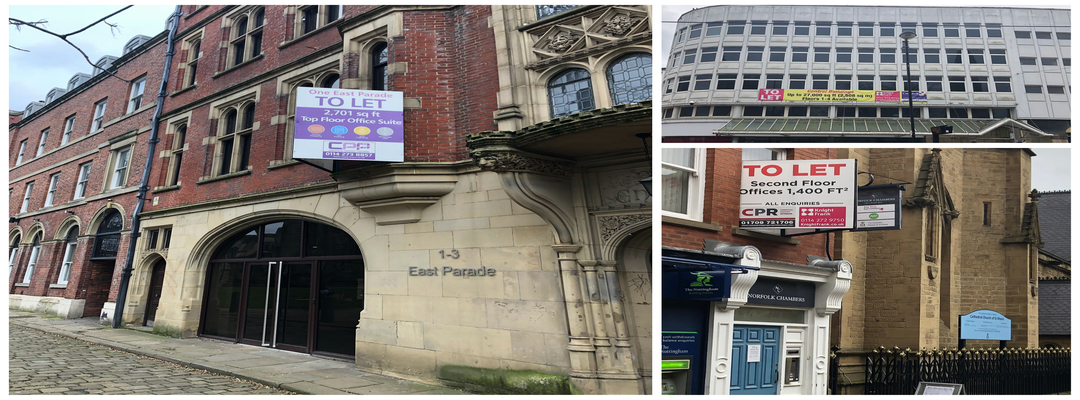Doncaster and Barnsley charities have been chosen to receive thousands in Government funding to tackle loneliness through community engagement.
The ‘Know Your Neighbourhood Fund’ (KYN) will run until March 2025 and will help local residents and their communities in 27 disadvantaged areas across England.
Bob Dowling, 66, the development manager at Opencast C.I.C, a charity working with different demographic and age groups, and one of the beneficiaries of this fund, is particularly worried about how older people often tend to get overlooked by society.
He said: “Once we’re nearly dead, we’re not important anymore because we’re not economically important anymore, and unfortunately we live in a world where that’s the prime concern.”
Having been allocated nearly £45,000, It will use KYN to help people discover all of the resources available to them through a digital directory.
Rosemary Macdonald, the CEO of UK Community Foundations, believes the KYN will shed a light on the issues impacting volunteering and social inclusion, particularly in vulnerable regions.
She said: “Loneliness can impact anyone at any time in any community, and the work of voluntary organisations to reduce isolation and loneliness has been in higher demand since the pandemic.”
The Doncaster Ethnic Minority Regeneration Partnership (DEMRP), a charity fostering social and economic regeneration among Black Asian and Minority Ethnic (BAME) community groups, is another beneficiary of this fund.
The DEMRP will put its share of the funding towards the delivery of digital inclusion services and well-being sessions reaching nearly 150 hard-to-reach individuals.
Peter Singh, the Chief Executive at DEMRP, said: “Not having English as your first language, cultural barriers and lack of community support doubly hinders integration and communication which results in deep-set social isolation, loneliness, and frustration.”
The impacts of the pandemic have made loneliness an increasingly prevalent aspect of people’s mental health, with data from the Office for National Statistics revealing that between October 2020 and February 2021, the percentage of the UK’s adult population reporting high rates of loneliness grew from five to seven per cent.




